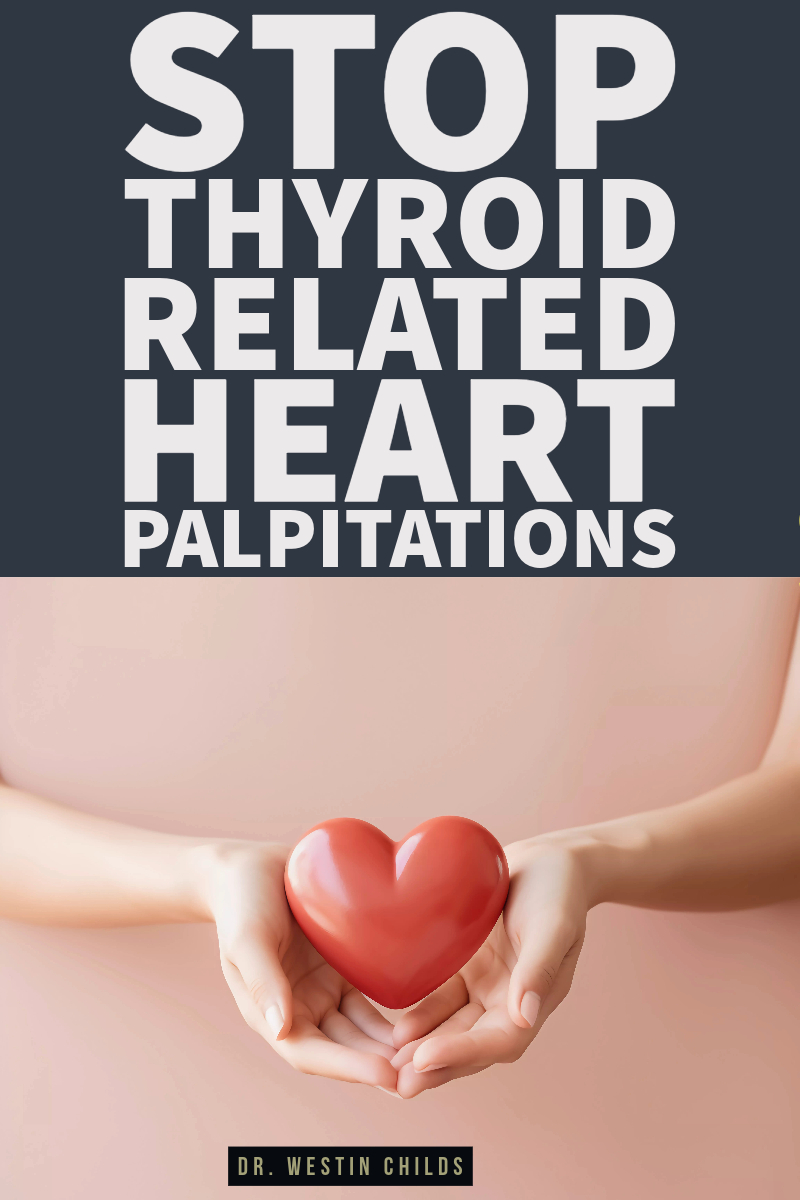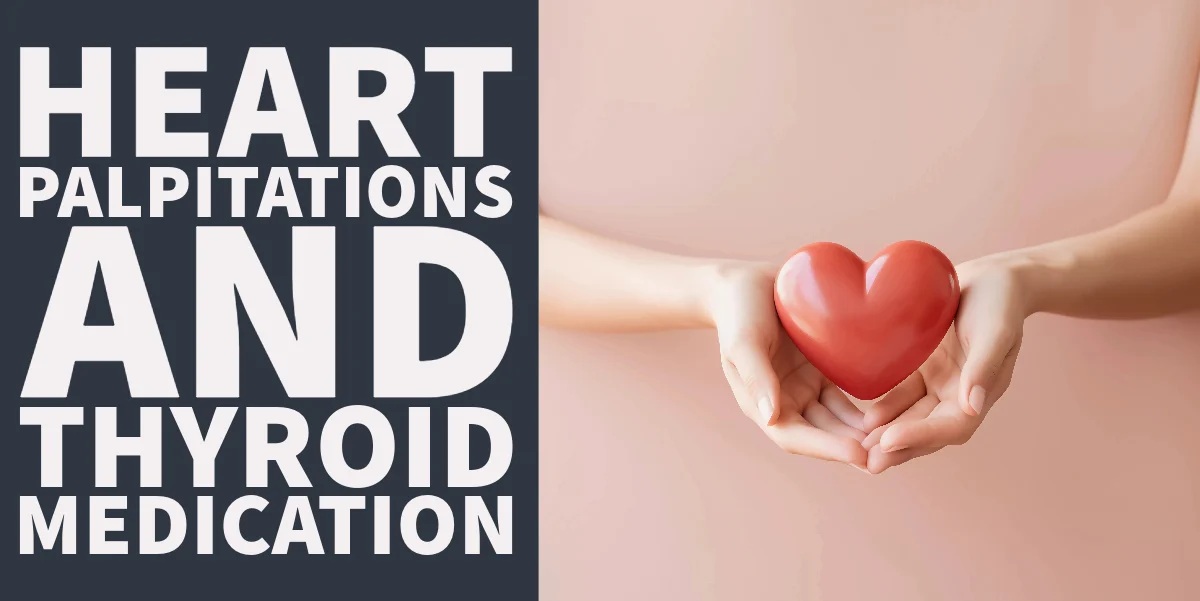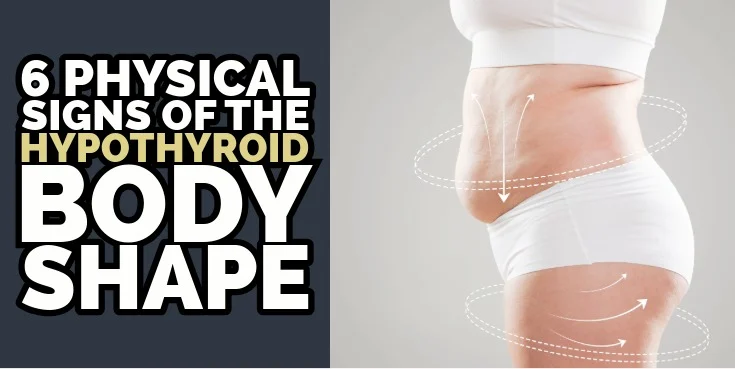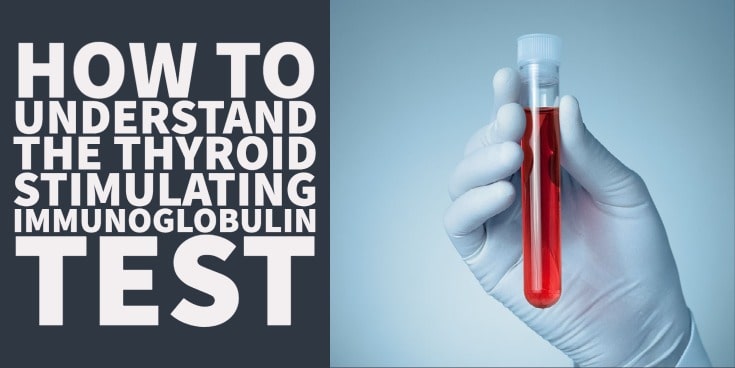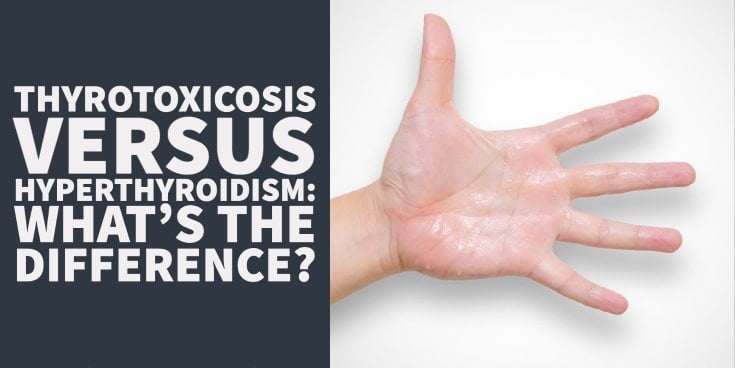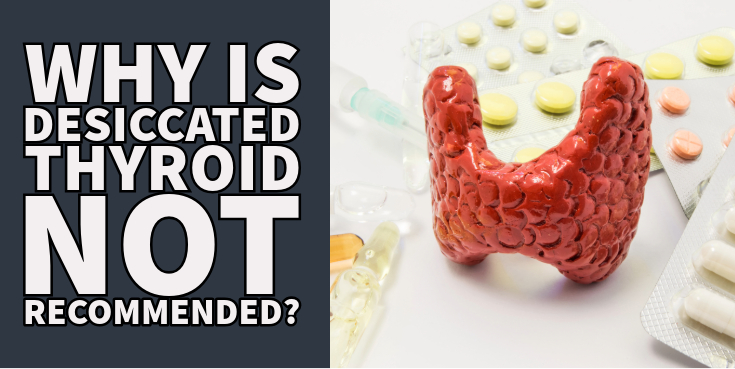Feeling your heartbeat in your chest can be an anxiety-provoking experience and it’s something that many thyroid patients will experience at some point along their journey.
That’s the bad news.
The good news is that the vast majority of the time, the heart palpitations that you’ll experience are 100% harmless.
That’s not always the case, though, which is the reason for this article.
If you’re a thyroid patient and you’ve experienced heart palpitations at some point in your life then this is the article for you.
We’ll talk about what causes these palpitations, what to do if you have them, and how you may be able to get rid of them starting right now.
What Are Heart Palpitations?
First off, let’s start with some basics:
What are heart palpitations?
A heart palpitation is just the sensation that your heart is beating in your chest (1), nothing more.
A more accurate way to describe this feeling is as a symptom (2), just like fatigue or pain, but it’s a symptom that is specific to your heart.
As a symptom, it doesn’t mean much by itself, which is why it can be confusing for people who experience them.
Because the heart is so important and because most people are acutely aware that heart disease is the #1 killer in adults (3), there’s often an automatic assumption that heart palpitations are always serious or that they mean something is wrong with their heart.
But that’s actually not usually the case.
While it is definitely true that sometimes heart palpitations can be a sign of serious trouble which we will talk about later, they are most often benign.
Benign is just the medical word used to describe something that isn’t harmful.
Even though you may feel like your heart is beating out of your chest, it’s often the case that your heart is completely normal, you are just more sensitive to the sensation of it beating for a variety of reasons.
Some common reasons for experiencing heart palpitations include:
- Taking thyroid medication (which we are just about to discuss)
- Anxiety (4)
- Stress
- Being overly tired (not sleeping enough)
- Other hormonal changes (like menopause)
- Consuming too much caffeine
- Drinking alcohol
- Or taking other medications
If you’ll notice, #1 on the list above is thyroid medication which is probably why you’re here right now.
Why Does Thyroid Medication Cause Heart Palpitations
Does taking thyroid medication cause heart palpitations?
Well, it certainly can.
There are many thyroid patients who live long and healthy life taking their thyroid medication every single day and who never experience heart palpitations.
And then there are others who take even super-small doses of thyroid medication and feel like their heart is going to explode.
So what gives? Why does this happen?
In order to understand why this occurs you need to understand how thyroid medication impacts your heart.
I’ve said many times before that I think that the thyroid gland is the most important gland in your body because it has the ability to impact every other system.
And when you take thyroid medication, you’re putting the very hormone that your thyroid gland produces into your body where it can impact those systems and cells.
In addition to its impact on your hair, skin, nails, gut, and more, the thyroid hormone found in thyroid medication also impacts your heart in two different ways:

What we call them #1. genomic effects and #2. non-genomic effects.
Genomic effects refer to thyroid hormones’ ability to change your DNA and genes.
In the heart, thyroid hormone acts to increase the expression of proteins which impacts the flow of ions in your heart cells (5).
These changes are slow, take time to take effect, and are dose-dependent meaning the higher your dose of thyroid medication, the more likely you are to see changes.
Unlike non-genomic effects, the genomic effects build up slowly over time sort of like a tidal wave.
So if you’ve been taking thyroid medication for years and suddenly you’re experiencing heart palpitations then this may be the cause.
The net effect of these changes is an increase in the force of contraction of the heart with each pump (6).
In other words, the genomic effects of thyroid hormone cause your heart to beat stronger.
And if you are somebody who happens to be sensitive to this sensation, taking thyroid hormone may make you more aware of it.
The next way it can impact your heart is through what are called non-genomic effects.
These non-genomic effects are much more immediate and occur as soon as thyroid hormone hits your heart via the bloodstream.
So if you are someone who takes thyroid medication in the morning and then experiences heart palpitations within a few hours, they are most likely related to this effect.
The net effect is increased contractility and decreased relaxation of heart muscles.
In other words, thyroid hormone gives your heart less time to relax and causes it to beat stronger with each beat.
These effects are always occurring when you are taking thyroid medication and that isn’t necessarily a problem.
The reason for this is that you’re taking thyroid medication for a reason!
If you’re taking something like levothyroxine then it means that your body needs it.
So these changes to your heart are really just bringing your body and heart back into balance.
Unless…
The 3 Biggest Concerns When You Get Heart Palpitations
You’re not taking the right dose of thyroid medication.
And this is where things can get a little tricky.
Two things could be true if you are experiencing heart palpitations while taking thyroid medication:
The first is that your thyroid level is completely normal and you are just a little more sensitive to thyroid medication than the next person.
As a result, you experience harmless heart palpitations but your thyroid and heart are otherwise normal.
The second is that you may be accidentally taking a dose of thyroid medication that is too high.
An excessively high dose of thyroid medication may indeed cause heart palpitations that are not normal and may be an early sign that your body is getting too much.
For this reason, if you experience heart palpitations while taking thyroid medication you should be aware of these 3 concerns:
#1. Your Medication Dose is Too High.
As mentioned, your dose of thyroid medication is very important not only for your heart but for your entire body.
When you take too much thyroid medication you may put yourself into a state of hyperthyroidism.
The state of hyperthyroidism is well known to cause several heart problems including issues with your heart rate and rhythm.
For this reason, if you’re experiencing heart palpitations while taking thyroid medication you always want to make sure you aren’t taking too much of it.
The good news is that even though taking thyroid medication can put you into a state of hyperthyroidism, this state is not equivalent in terms of its risk to your heart from having true endogenous hyperthyroidism.
In other words, even though having hyperthyroidism from any cause is problematic, having hyperthyroidism from taking too much thyroid medication is less severe.
#2. You May Have Atrial Fibrillation
Perhaps the biggest concern when taking thyroid medication is that it may be associated with a condition called atrial fibrillation.
Atrial fibrillation is an irregular heart rhythm which is concerning because of its association with stroke.
Based on available studies, there is no risk of atrial fibrillation associated with the hypothyroid state.
But this is not true of the hyperthyroid state (8).
Hyperthyroidism, caused by taking too much thyroid medication, may induce a state of atrial fibrillation which may result in heart palpitations.
Many people who have atrial fibrillation have no idea they are in this rhythm but there are some people who do experience a sensation when they enter it.
Because of the association between thyroid disease and atrial fibrillation, you’ll always want to keep this condition in mind if you have heart palpitations.
#3. You May Have Sinus Tachycardia
Another side effect of taking thyroid medication is a rapid heart rate.
As you might remember, I said that taking thyroid medication can increase the force of contraction of your heart.
This means your heart is pumping and contracting with more force and more strength.
But in addition to this, taking thyroid medication can also increase your heart rate.
If your dose of thyroid medication is too high (and puts you into a state of thyroid medication-induced hyperthyroidism) then you may develop sinus tachycardia (9).
Sinus tachycardia is the medical term for a rapid heart rate but it doesn’t mean that anything is automatically or necessarily wrong with the heart, it just means that it’s beating too fast.
Sometimes, though not often, a rapid heart rate is associated with heart palpitations.
A rapid heart rate is often the first sign that you are taking too much thyroid medication.
It’s not as common when using thyroid medications that contain T4-only thyroid hormone like levothyroxine or Synthroid but it is fairly common for thyroid patients using T3-containing thyroid medications like Cytomel, liothyronine, and Armour Thyroid.
For this reason, I think it’s a very good idea to monitor your heart rate if you are taking any of these thyroid medications.
What To Do If You Have Heart Palpitations on Thyroid Medication
Instead of freaking out if you experience heart palpitations here are a few things to try first:
#1. Check your pulse.
Checking your pulse is one of the easiest ways to differentiate between benign and more serious causes of heart palpitations.
If you are experiencing heart palpitations after taking thyroid medication then your first step should be to check your own pulse.
It’s really easy to do and you can learn how to do it here.
When you check your pulse you want to look for two characteristics:
Rate and rhythm.
The rate refers to how fast your heart is beating and your rhythm refers to whether or not your heart is beating in a consistent way.
A pulse can only be one of four things:
- Normal rate and regular rhythm
- Abnormal rate and regular rhythm
- Normal rate and irregular rhythm
- Abnormal rate and irregular rhythm
A normal rate is any rate between 60 and 80 beats per minute and a normal rhythm is one that is just consistently the same.
If you take your pulse can find that you have a normal heart rate that sounds regular and you are experiencing heart palpitations, then it’s highly likely that the cause is not serious.
If you fall into any of the other three categories then you’ll want to get your heart checked by a doctor because they may indicate a more serious problem.
#2. Practice Box Breathing
If you are sure that your heart palpitations are not serious then you can often manage them at home.
And one of the most effective ways to do this is with box breathing.
Here’s how to do it:
- Inhale as you count to four in your head
- Hold your breath and count to four
- Exhale as you count to four in your head
- Hold your breath and count to four
Box breathing helps to activate your parasympathetic nervous system (10) which can actually slow down your heart rate and the force with which it contracts.
It’s a simple proven technique that you should be aware of.
#3. Get your thyroid labs tested, especially TSH and Free T3.
If you are experiencing heart palpitations then it’s always a good idea to get your thyroid checked.
Checking your thyroid lab tests will tell you if you are accidentally taking too much thyroid medication so that you and your doctor can make the necessary adjustments.
Just make sure you get both the TSH (thyroid stimulating hormone) and free T3.
#5. Get in touch with your doctor.
If there’s ever any concern about the severity of your heart palpitations or what they mean for your heart health, always touch base with your doctor.
Just because it’s rare that heart palpitations are associated with a serious heart condition doesn’t mean they don’t happen.
Your doctor will be able to check and identify these more serious conditions with additional heart tests.
Fortunately, these are pretty rare for thyroid patients so you don’t usually need to worry about them.
Final Thoughts
Now I want to hear from you:
Are you currently experiencing heart palpitations?
What type of thyroid medication are you taking?
Do you feel they are related to your thyroid or to some other condition?
Have you had your thyroid labs tested recently?
Leave your questions or comments below!
Scientific References
#1. ncbi.nlm.nih.gov/books/NBK436016/
#2. ncbi.nlm.nih.gov/pmc/articles/PMC8905373/
#3. cdc.gov/heartdisease/facts.htm
#4. my.clevelandclinic.org/health/diseases/21677-heart-palpitations-and-anxiety
#5. ncbi.nlm.nih.gov/pmc/articles/PMC8558494/
#6. ncbi.nlm.nih.gov/books/NBK470455/
#7. pubmed.ncbi.nlm.nih.gov/12165107/
#8. ncbi.nlm.nih.gov/pmc/articles/PMC5560908/
#9. ncbi.nlm.nih.gov/books/NBK553128/
#10. ncbi.nlm.nih.gov/pmc/articles/PMC6137615/
